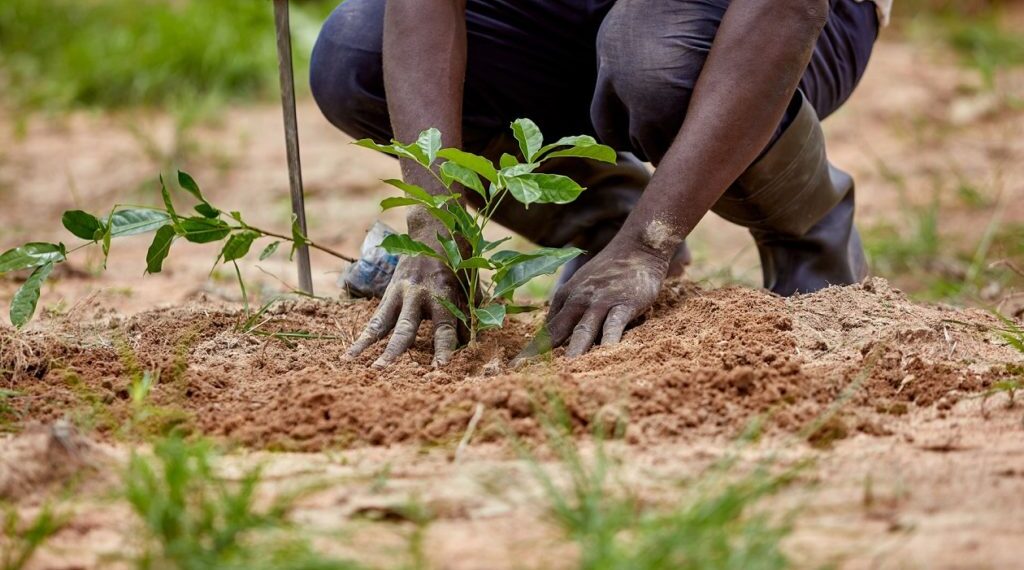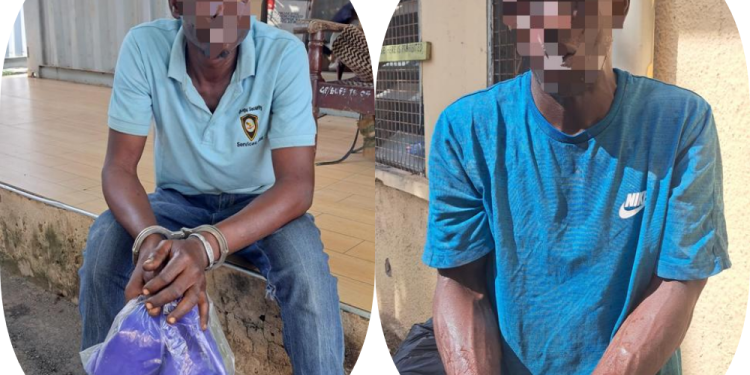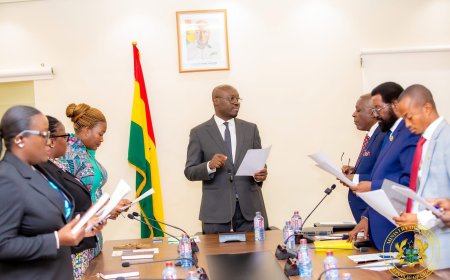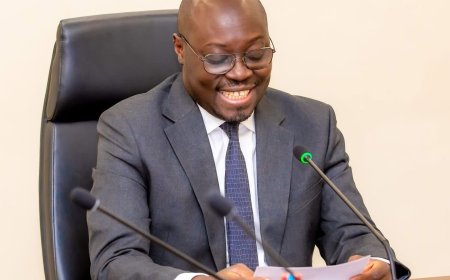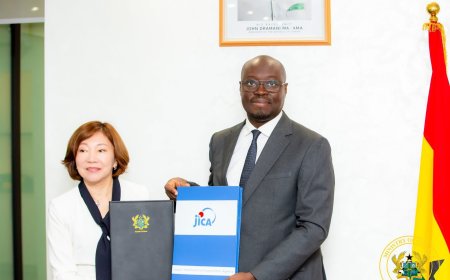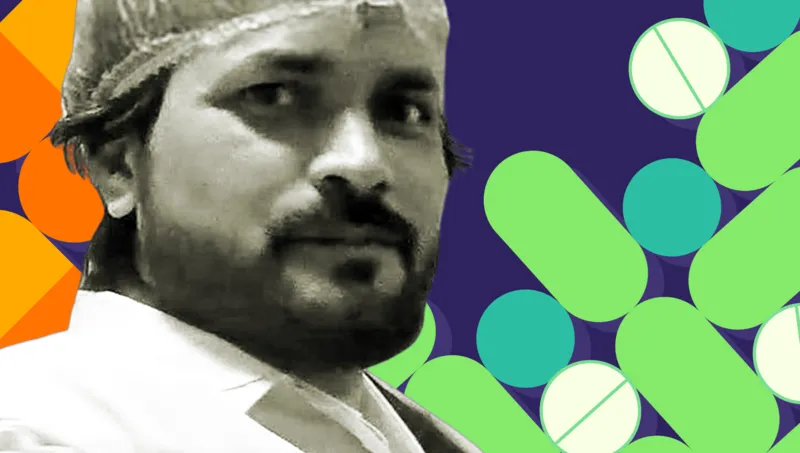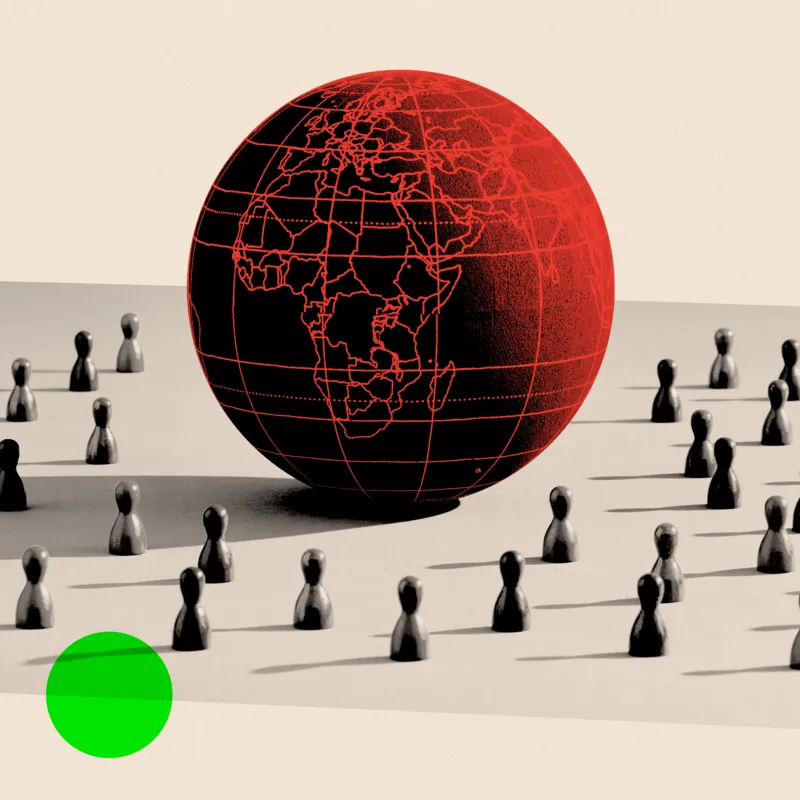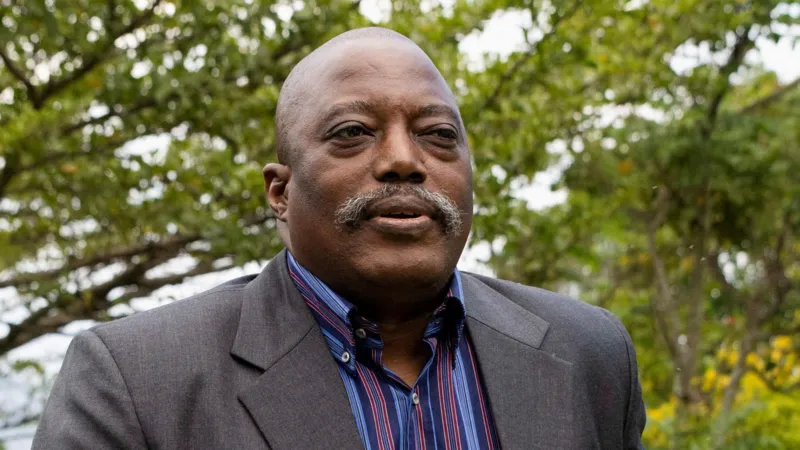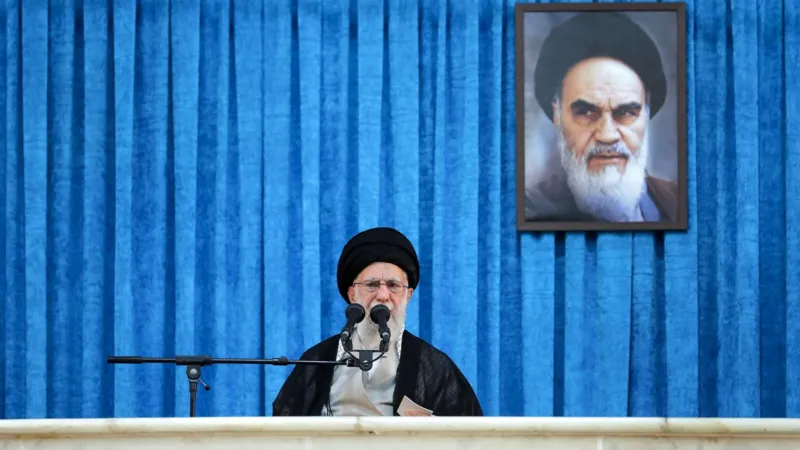The African continent is currently facing a complex convergence of factors, including swift economic expansion, a surging population, and widespread migration, all set against a backdrop of dwindling biodiversity and rising temperatures.
These interconnected challenges pose significant threats to both societal stability and environmental sustainability.
To address these issues, the African Union and United Nations advocate for a development paradigm that harmonizes economic progress with social and environmental well-being.
However, realizing this vision requires a deliberate and strategic approach. This is where the concept of a regenerative economy comes in - an economic system that prioritizes renewal and restoration alongside growth.
In Africa, and Ghana, there are three key drivers of regenerative
economy.
A. innovative technologies and business models that prioritize sustainability,
B. the adoption of decentralized energy and communication systems,
C. and the incorporation of traditional African values that emphasize community and collective prosperity.
While there are already examples of successful regenerative economy initiatives in Africa, widespread adoption will require significant investment in scaling up business models, strengthening governance frameworks, and building capacity.
If done effectively, a regenerative economy could pave the way for a resilient and
thriving Africa.
A Regenerative Economic Initiative
Aspirations for sustainable development in Africa have transpired not only via the UN 2030 Agenda for Sustainable Development’s “plan of action for people, planet, and prosperity” (United Nations, Citation2015), but also in the African Union’s Agenda 2063 that desires “a prosperous Africa based on inclusive growth and sustainable development” (African Union, Citation2015).
One example of a regenerative economic initiative by the government of Ghana in the past 5 years is the Ghana Productive Safety Net Project (GPSNP).
In February 2022, Ghana unveiled its Country Partnership Framework (CPF) for 2022-2026, with support from the world Bank Group, outlining a strategic plan to navigate the COVID-19 pandemic's impact. (world bank group, 2024)
The world bank supported Ghana with $ 150 million – approved in June 2023 to be used as an emergency support to strengthen social protection programs.
The CPF aims to support the government in protecting essential human capital and capabilities while leveraging the crisis as an opportunity to rebuild and strengthen the economy.
The framework focuses on three key areas:
1. Fostering a conducive environment for private sector growth, leading to quality job creation and economic diversification.
2. Enhancing the delivery of inclusive services to ensure equal access for all.
3. Promoting sustainable and resilient development, prioritizing green and inclusive growth.
The Ghana Productive Safety Net Project (GPSNP) has in 2024 empowered about about 350,000 households through various initiatives, including the Livelihood Empowerment Against Poverty (LEAP) program, which provides cash transfers, and the Labor-Intensive Public Works program (LIPW) with more than 167,000 beneficiaries and Productive Inclusion program, which offer sustainable livelihood opportunities.
These programs enable beneficiaries to transition from reliance on cash transfers to self-sufficiency. (world bank group, 2024)
Furthermore, the project backs the School Feeding Program, a critical safety net that ensures nutritious meals for over 3.8 million children from disadvantaged households, thereby bolstering their food security and nutrition.
References
African Union (2015). Agenda 2063: The Africa we want. Addis Ababa, Ethiopia: African Union Commission
United Nations (2015). Transforming our world: The 2030 Agenda for Sustainable Development. United Nations General Assembly Document A/70/L.1.
World Bank Group In Ghana, 2024
Source: Florence Kyei
The author is a Climate Journalist and Lead Writer at Lead News Online.
Emal: [email protected]
Linkedin: https://www.linkedin.com/in/florence-kyei-970764140
Twitter: https://x.com/evlogia_7
